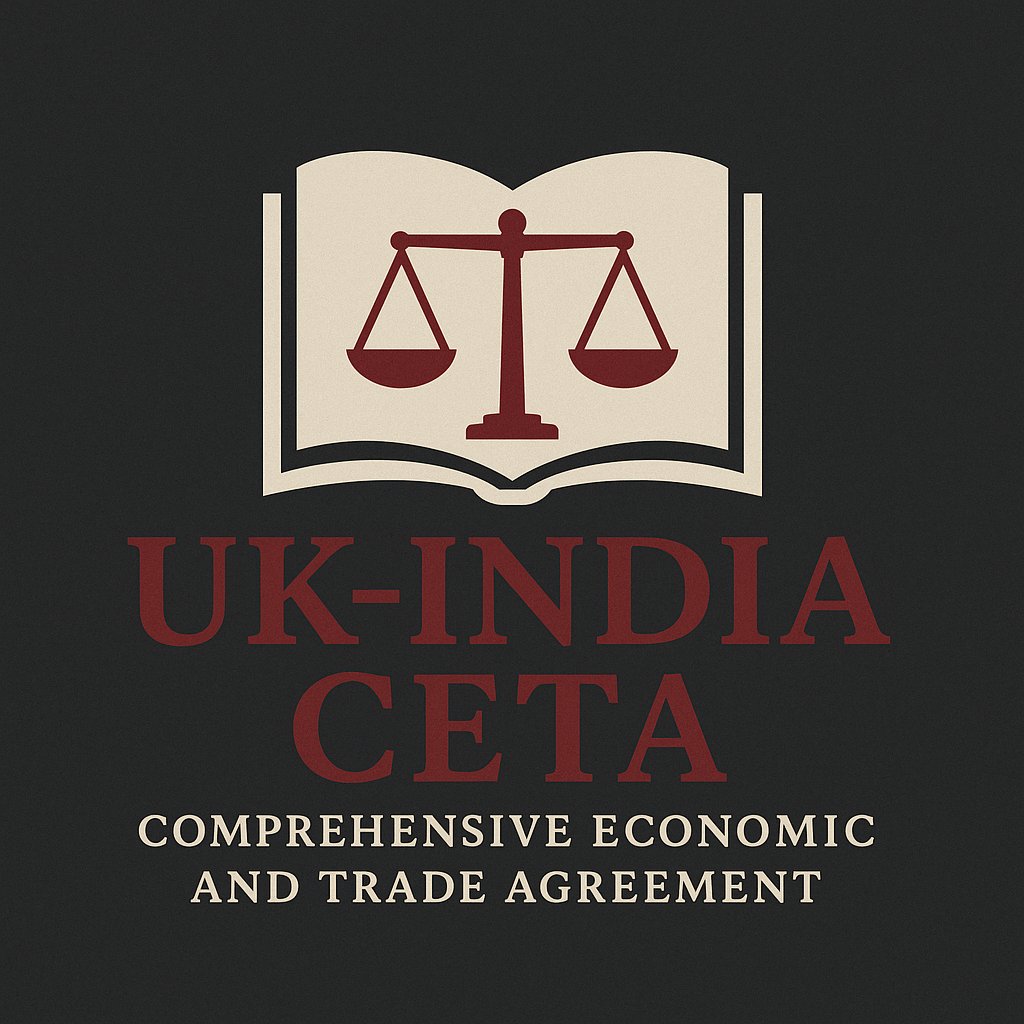India Commits to Future Patent Extension Talks in UK Trade Deal, Raising Alarm Over Generic Access
India’s trade agreement with the United Kingdom, signed under the Comprehensive Economic and Trade Agreement (CETA), includes a legally binding commitment that could reopen contentious intellectual property negotiations, raising concerns over long-term access to affordable medicines.
According to the official UK Intellectual Property Side Letter 3, India has agreed to enter into negotiations with the UK on extending patent terms for pharmaceutical products if it agrees to similar provisions with any other trade partner. The clause reads:“If India enters into a free trade agreement with another trading partner… that provides for extension of the term of protection for patents… India shall, upon request from the United Kingdom, enter into negotiations with the United Kingdom with a view to extending such benefits.”
The provision does not immediately extend patent terms but creates a trigger clause that could delay India’s ability to produce and export generic medicines, long seen as a cornerstone of its public health diplomacy and pharmaceutical exports.
This could impact India’s global role as the "pharmacy of the developing world."
India has historically resisted pressures to implement TRIPS-plus IP standards, which go beyond WTO obligations.
Public health advocates warn this clause undermines India’s negotiating flexibility and may compromise affordable drug production if future bilateral or plurilateral deals require longer patent protections.
The UK’s pharmaceutical industry, among its most influential sectors, has long lobbied for stronger IP protections abroad.
By embedding this clause in a side letter tied to Chapter 13 of the CETA on Intellectual Property Rights, the UK secured a pre-committed pathway to renegotiation.
Although no such patent term extension is currently enacted in Indian law, the legal architecture now exists to revisit this position with fewer political and procedural safeguards.
This development stands in contrast to the celebratory tone of the agreement’s unveiling, which emphasized expanded export access for Indian goods, services, and talent.
Critics caution that long-term public health and regulatory autonomy could be eroded under the weight of such side arrangements.
The government has not issued a public statement specifically on this provision.
Source: UK–India CETA IP Side Letter 3, Article on Patent Term Extension Triggers
Document Date: 24 July 2025

